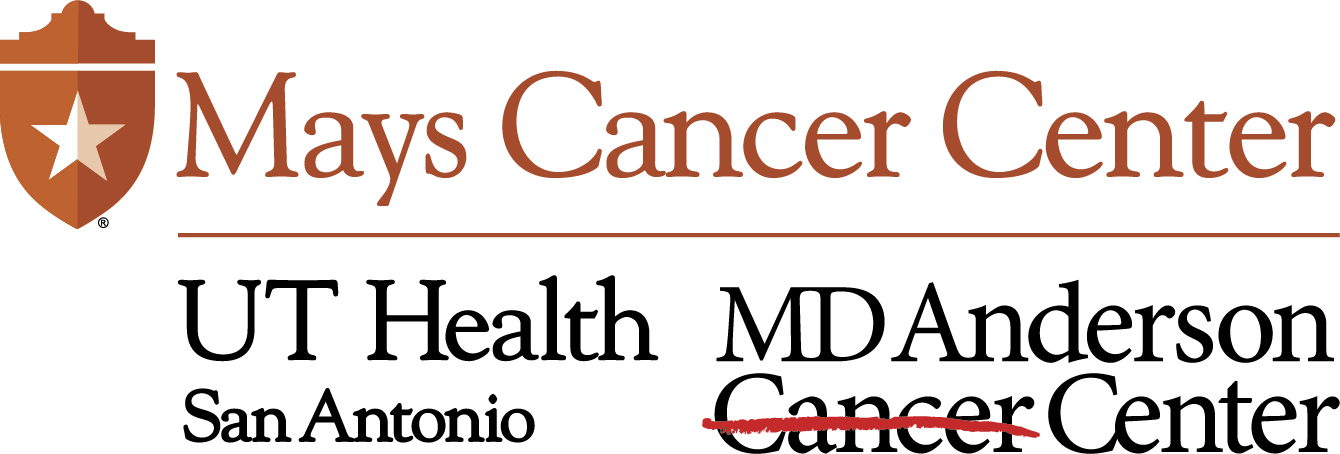
Dr. Mesa on JAK Inhibitors in the Pipeline for Myelofibrosis

Ruben A. Mesa, MD, discusses the approval of fedratinib in myelofibrosis and other JAK inhibitors in the treatment pipeline.
Ruben A. Mesa, MD, director, The Mays Cancer Center, the newly named center of UT Health San Antonio MD Anderson Cancer Center, discusses the approval of fedratinib (Inrebic) in myelofibrosis and other JAK inhibitors in the treatment pipeline.
Fedratinib, which was
Other JAK inhibitors in the pipeline include 2 mature drugs that are close to FDA approval: momelotinib and pacritinib, says Mesa. The phase III MOMENTUM trial is evaluating the efficacy of momelotinib, a JAK1, JAK2, and ACVR1 inhibitor, versus active comparator danazol (Danocrine) in patients with symptomatic and anemic myelofibrosis who previously received a JAK inhibitor. Momelotinib can improve spleen symptoms and anemia, says Mesa. If the trial turns out to be successful, the aggregated data observed with the agent might result in regulatory approval, Mesa postulates.
The JAK2 and FLT3 inhibitor pacritinib has also had successful phase III trials, such as the PERSIST-1 trial, says Mesa. The recently launched phase III PACIFICA trial is examining the agent versus physician’s choice in patients with primary myelofibrosis, post-polycythemia vera myelofibrosis, or post-essential thrombocytopenia myelofibrosis with severe thrombocytopenia. Pacritinib is the only JAK inhibitor that has been used in patients with a platelet count <50,000, concludes Mesa.






































